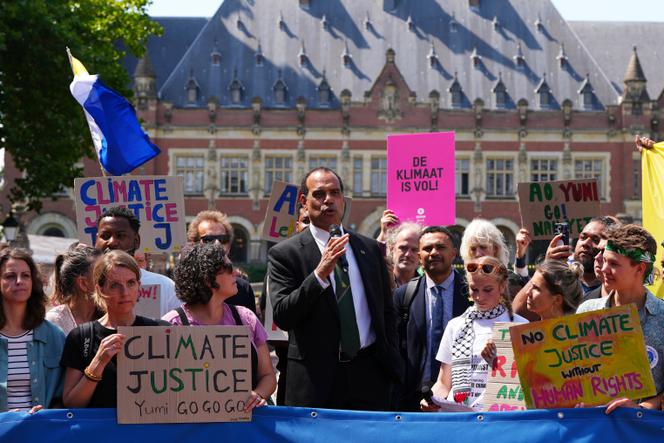


The International Court of Justice's decision represented a landmark position. On Wednesday, July 23, the United Nations' highest court ruled that lawmakers, lawyers and judges around the world have the right to take legal action against states for their inaction on climate change.
In France, this could lead to an increase in lawsuits against the state over environmental issues. Yet several such cases already exist: In 2021, four French associations, in what was called "L'Affaire du Siècle" ("The case of the century"), sued the state for climate inaction and secured a conviction. In 2019, the northern French town of Grande-Synthe, which was threatened by rising sea levels, took the state to court for the same reason.
But how does the law operate in these situations? Can anyone sue the state? What kind of compensation is achievable? Here are answers to these questions.
The state, through its administrative and political institutions (government, prefectures, public services etc.), can be taken to court for many other reasons than climate inaction. Several types of claims exist: A plaintiff may seek to have an administrative act, for example, the refusal to grant a residence permit, temporarily suspended or annulled. In other cases, the goal is to obtain compensation: If the state is found responsible for damages, it can be ordered to pay reparations for its wrongful actions. In every case, what is at stake is whether or not the state has respected its obligations and commitments at the national, European or international level.
You have 80.51% of this article left to read. The rest is for subscribers only.
